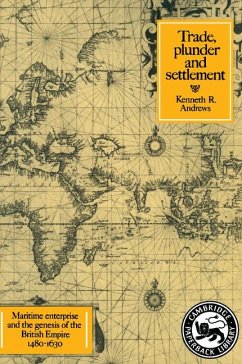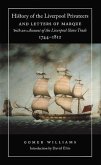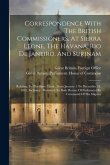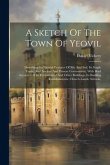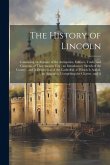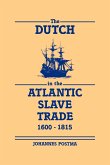Not since 1945 has a general account of the origins of the British Empire been published, as if the demise of the empire had freed us from our imperial past and historians from any obligation to digest it. Of course it has done nothing of the kind, but it does enable the historian today to approach that past in a more critical spirit and to attempt a deeper and more detached analysis than could have been expected a generation ago. The purpose of this work is therefore not merely to recount but to explain the course of English overseas empire: a prolonged pregnancy, culminating in a difficult birth and sickly infancy. The long introductory essay discusses the forces and motives involved in the expansion movement, which is seen as being part of a wider European movement and derivative in many ways from it. The author considers the attitude and conduct of the Tudors and early Stuarts towards this fundamentally commercial movement and examines the nature and importance of English sea power, the contribution of different social groups, and the relevance of religious and economic ideals as well as nationalistic sentiment. These various themes are taken up again in the narrative chapters which follow, dealing with the enterprises of exploration, trade, plunder and colonization successively through from the early Bristol quest for 'Brasil' to the diverse ventures of the 1620s. The last chapter comments on the interaction of trade, plunder and settlement and the wave-like chronological pattern of the English advance to oceanic empire.
Bitte wählen Sie Ihr Anliegen aus.
Rechnungen
Retourenschein anfordern
Bestellstatus
Storno

